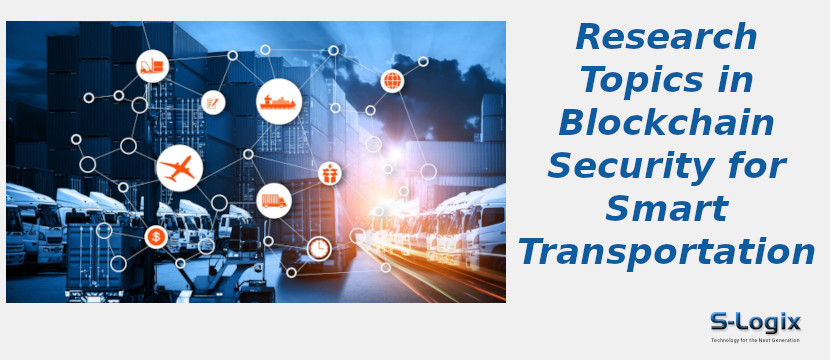The technological breakthroughs in smart transportation transform the traditional intelligent transportation systems into more intelligent ones. Thus, it increases the user safety and convenience level during the journey. The smart transportation system enables various transport and traffic management services using intelligent technologies.
The applications of smart transportation are broadly categorized under two categories that are safety and non-safety. Incorporating novel technologies with smart transportation also increases the vulnerabilities in the network. Hence secure transportation is crucial to accomplish efficient and safer transportation services.
The blockchain model implicitly satisfies the security requirements of smart transportation owing to its decentralization and tamper-proof storage algorithm. The blockchain algorithms provide secure, efficient, and transparent communication among the entities of smart transportation.
Blockchain specific security requirements of smart transportation are as follows.
• Decentralized security structure
• Traceability through transparency
• Tamper-proof storage
• Unforgeability
• Consensus algorithms
The blockchain-based smart transportation security mechanisms are classified into the following types
• Blockchain security for vehicular Communication
• Blockchain security for vehicular authentication
• Blockchain security for vehicular authorization and identification
Research Topics
